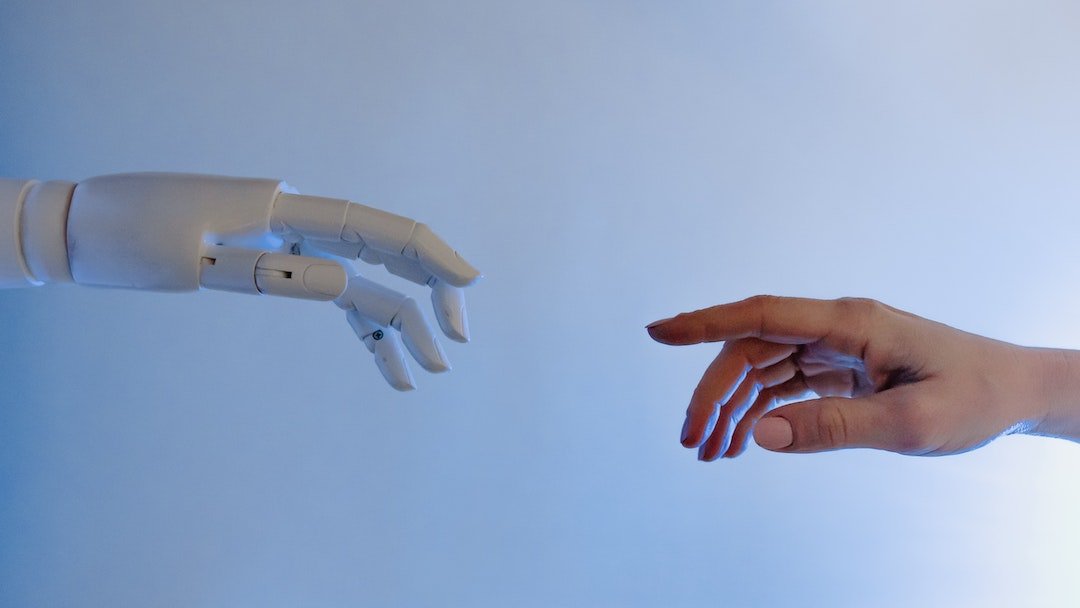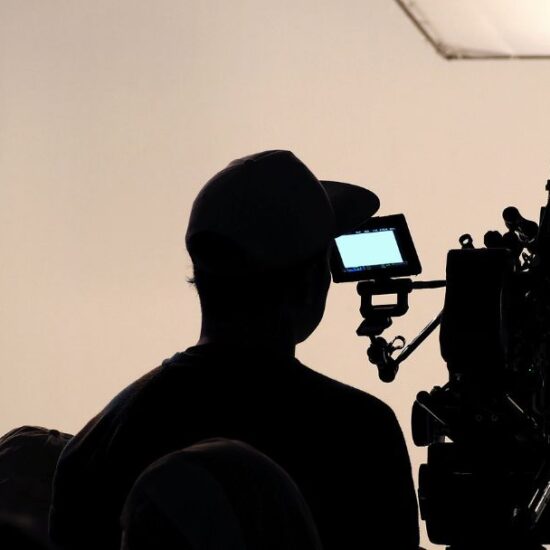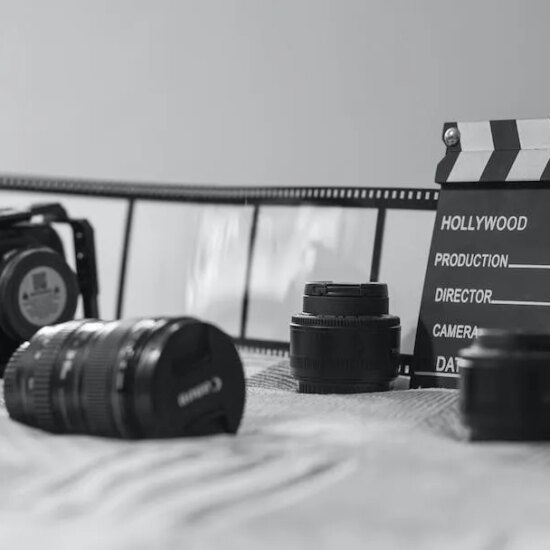
As technology continues to advance, artificial intelligence (AI) is becoming more prevalent in the filmmaking industry. AI tools are being developed to help filmmakers streamline their workflow and improve the quality of their films. Here are some of the newest AI tools that are changing the way filmmakers work.
Script Analysis
AI can be used to analyze film scripts to identify potential issues before production begins. This includes analyzing the script for plot holes, inconsistent characters, and other problems. By catching these issues early, filmmakers can make changes to the script and avoid problems during production.
One such AI tool is ScriptBook, which uses machine learning to analyze film scripts and predict the movie’s potential box office performance. It can also predict the audience demographics and suggest changes to improve the film’s commercial viability. RunwayML is another AI tool that can be used to analyze scripts and generate a storyboard, saving filmmakers valuable time and resources.
Virtual Production
Virtual production has been around for a while, but recent advancements in AI have made it even more efficient. Virtual production involves creating a digital environment that can be used to shoot a film. This can include virtual sets, props, and characters.
AI can be used to make virtual production even more realistic by creating more accurate simulations of real-world environments. AI can also be used to generate virtual actors that look and act like real people.
One such AI tool is Unreal Engine, which is used by many filmmakers for virtual production. Unreal Engine uses AI to create photorealistic environments and characters. It can also simulate lighting and camera movements to make virtual production even more realistic. Adobe Sensei is another AI tool that can be used for virtual production, allowing filmmakers to quickly and easily generate 3D models and animations.
Post-Production
AI can be used to improve the post-production process by automating certain tasks. This includes tasks like color grading, visual effects, and sound design. By automating these tasks, filmmakers can save time and focus on other aspects of post-production.
One such AI tool is Blackmagic Design’s DaVinci Resolve. DaVinci Resolve uses AI to automatically color grade footage. It can also remove unwanted objects from footage, apply visual effects, and generate subtitles. RunwayML is another AI tool that can be used for post-production, allowing filmmakers to quickly and easily apply machine learning models to their footage.
Distribution
AI can also be used to improve the distribution process by analyzing audience data and predicting the best way to market a film. This includes analyzing social media data, search trends, and other data points to identify potential audiences for a film.
One such AI tool is Pilotly Insights, which analyzes audience data to predict the success of a film. It can also provide insights into how to market the film to different audiences. ChatGPT is another AI tool that can be used for distribution, allowing filmmakers to quickly generate social media posts and other marketing materials.
Overall, AI is changing the way filmmakers work by streamlining their workflow and improving the quality of their films. From script analysis to post-production, AI tools such as RunwayML, Adobe Sensei, ChatGPT and more, are being developed to help filmmakers save time and focus on what they do best: creating great films. While there may be some concerns about the role of AI in filmmaking, it’s clear that AI is here to stay and will continue to play an important role in the industry.
Bailey Graham is the Marketing and Media and follows her passion on the side as a successful sculpture artist. She has won many awards for her work, being recognized by adobe as well as often featured in art blogs.














